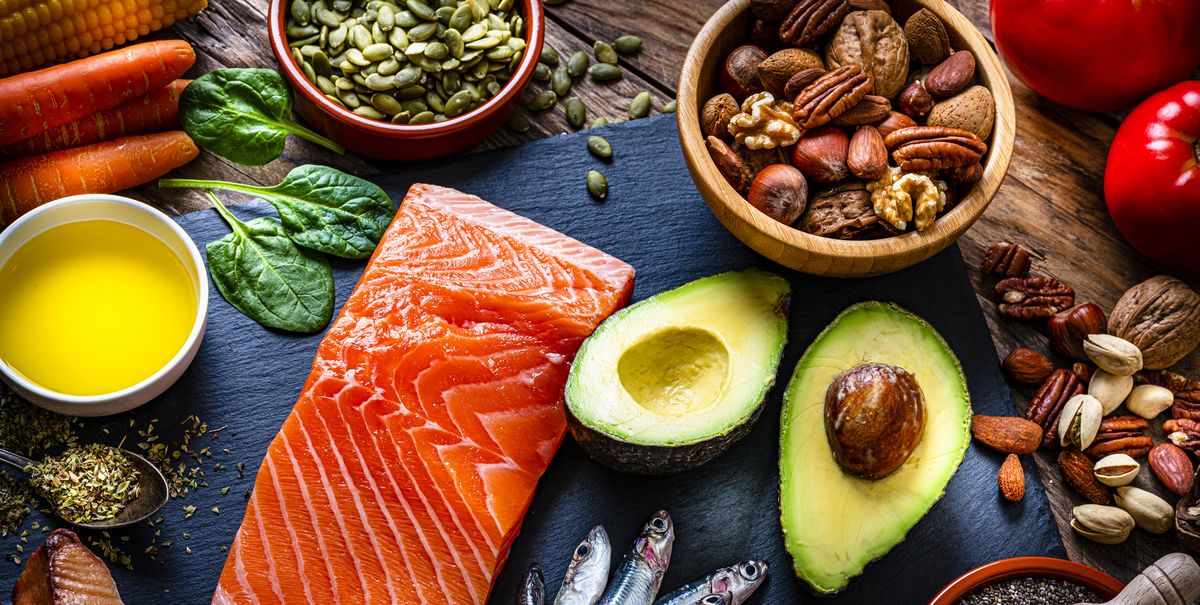
Here are some reasons to reduce your meat intake.
Reduced greenhouse gas emissions: Livestock farming, particularly cattle production, is a significant contributor to greenhouse gas emissions. Animals produce methane, a potent greenhouse gas that contributes to climate change. Also, the production of animal feed and the energy-intensive processes involved in meat production contribute to greenhouse gas emissions.
Conserve Energy: For every 100 units of energy input into beef production (including the energy used for growing and processing feed, animal maintenance, transportation, etc.), only 3 to 20 units of energy are available in the form of edible beef.
Lower water usage: Livestock farming requires large amounts of water for animal hydration, feed crops, and processing. By consuming fewer animal products, we can conserve water resources, especially in regions facing water scarcity.
Decreased water pollution: Livestock farming generates substantial amounts of manure, which can contaminate water sources if not properly managed. The runoff from animal farms can carry pollutants like nitrogen and phosphorus into rivers and lakes, causing water pollution and harming aquatic ecosystems.
Reduced deforestation: Large-scale animal agriculture often leads to deforestation, not only to create grazing land, but also to grow animal feed crops such as corn and soybeans. Deforestation contributes to the loss of biodiversity, releases carbon dioxide into the atmosphere, and reduces the earth’s capacity to absorb carbon dioxide from the atmosphere.
Health benefits: While not directly related to the environment, reducing meat consumption can have positive effects on your health.













